Keywords: Girls
There are more than 200 results, only the first 200 are displayed here.
-

RELIGION
- Frank Brennan
- 22 April 2016
16 Comments
The Royal Commission into Institutional Responses to Child Sexual Abuse has now published its Case Study 26 on the Neerkol Orphanage in Rockhampton. It finds that the response by the bishop and by the Sisters of Mercy to victims making complaints prior to 1996 was often inadequate and lacking in compassion. The word 'compassion' or 'compassionate' appears 21 times in the report. I have no problem with church people or other individuals adversely judging church leaders for a lack of compassion. There may even be a case for politicians doing it. But I don't think it's the job of a royal commission.
READ MORE
-
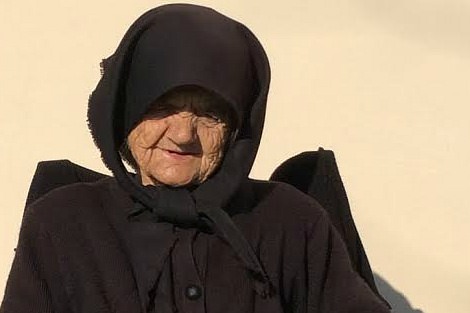
ARTS AND CULTURE
- Gillian Bouras
- 16 March 2016
9 Comments
It was a bright winter's day when we visited Iphigenia. Long widowed, she was meticulously turned out in black traditional outfit. Iphigenia is not sure how old she is; she thinks she is 86. Anglophones regularly make a hash of this beautiful name, the correct pronunciation of which is Ifeeyainya. But the ones I know are intrigued by the mythological character, who was ill-fated, to say the least. I soon learned that there had also been ample sorrow and trauma in the life of the modern Iphigenia, too.
READ MORE 
-
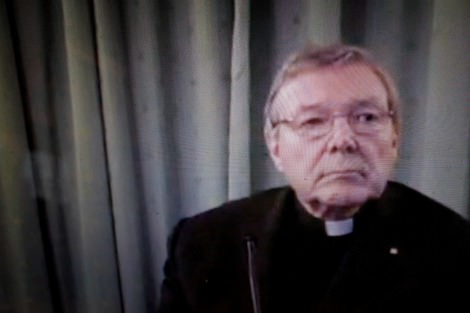
AUSTRALIA
- Paul Coghlan
- 07 March 2016
42 Comments
'It was a sad story and it wasn't of much interest to me.' Pell's brutal response to a question from the royal commission has provided an important point of organisational, personal and cultural reflection. As a survivor of child sexual abuse I understand the disbelief, shock and outrage that such a comment has provoked. And having conducted many organisational reviews, I know that in trying to find the origins of such responses, our understanding of how the world works expands exponentially.
READ MORE 
-

RELIGION
- Frank Brennan
- 07 March 2016
'On his last two visits to Latin America, Pope Francis has focused on past and present relationships between indigenous peoples and their colonisers. This Jubilee Year of Mercy perhaps it could be a blessed moment for Aboriginal Australians and descendants of their colonisers to walk together through the Door of Mercy at the St Francis Xavier Cathedral, calling to mind the sins and endeavours of the past, the achievements and commitments of the present, and the hopes and aspirations of the future.' Fr Frank Brennan SJ, Lenten Talk, Norwood Parish, 3 March 2016
READ MORE
-
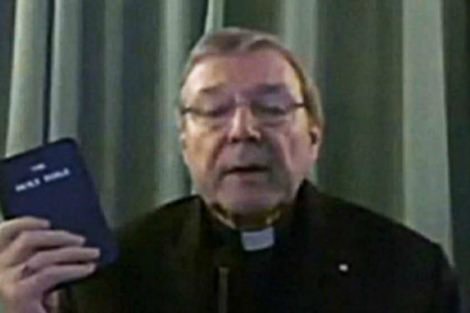
AUSTRALIA
- Moira Rayner
- 04 March 2016
40 Comments
A feeding frenzy is afoot over the review of Safe Schools program. At the same time poor old George Pell is under attack for failing to observe that his Ballarat colleagues were prolifically enabling Ridsdale and other pedophiles to sexually abuse little boys. The prurient desire to control the sexual interests of others on the one hand, and on the other the gross failures by institutions to protect vulnerable children in their care, are sadly linked to an unwillingness to face the truth about human sexuality.
READ MORE 
-
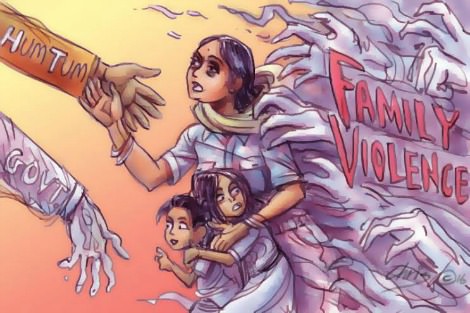
AUSTRALIA
- Jasmeet Sahi
- 22 February 2016
8 Comments
All cultures have different ways of addressing family violence. What might be suitable for an Anglo population may not be appropriate for other groups. I was raised in India, where women learn early in life that it is paramount to maintain calm and peace in a family home - nobody wants to be that family that airs its dirty laundry in public. Local community-based programs can provide solutions tailored to diverse cultural groups. Sadly many such programs are badly under-resourced.
READ MORE 
-

RELIGION
- Frank Brennan
- 09 December 2015
2 Comments
'I joined the Jesuits in 1975 just as the previous 32nd General Congregation (GC32) was concluding. Pedro Arrupe was at the height of his powers. That Congregation asked the question: 'What is it to be a companion of Jesus today?' and answered unequivocally, 'It is to engage, under the standard of the Cross, in the crucial struggle of our time: the struggle for faith and that struggle for justice which it includes.' I have always regarded myself as a GC32 Jesuit. Many of those who gathered for GC33 thought that the GC32 mission was a little too one-dimensional. I suspect Bergoglio was one of those.' Frank Brennan on the eve of the Catholic Church's Jubilee Year of Mercy.
READ MORE
-

ARTS AND CULTURE
- Lisa Brockwell
- 08 December 2015
3 Comments
There is another life where we end up together. We wake in the same bed, startled but not sorry; the timber frame is warm, hand-caulked with the day-to-day dedication of the long haul. The air between us no longer electric, all now sanded smooth. But whose dog jumps on the end of that bed: yours or mine? I don't plan to think about my husband or your wife; let's leave my son right out of it. Fantasy, no more dangerous than eating gelato and dreaming of Mark Ruffalo.
READ MORE 
-

RELIGION
- Frank Brennan
- 27 November 2015
2 Comments
'The crisis of child sexual abuse in our societies has required that our institutional procedures be more transparent and that we learn from the ways of the world in exercising power openly and justly. This means we have to restructure some of our church arrangements so that power is exercised accountably and transparently. All of us who have positions of influence and power in institutional churches need to be attentive to the voices of those who have suffered within our institutions.' 'Discerning the place for the prophetic voice and pragmatic cooperation of the churches in the great moral questions of the age', address to the Association of Practical Theology in Oceania conference, 26 November 2015.
READ MORE
-
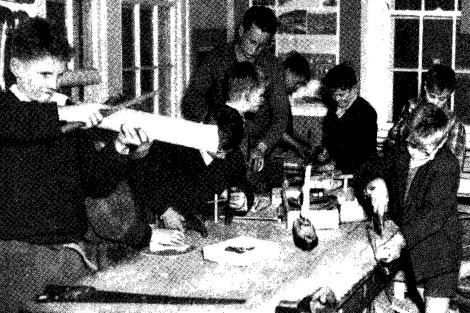
AUSTRALIA
- Tom Keating
- 17 November 2015
2 Comments
The case studies given during the Royal Commission's dealings with Victoria's state run institutions were heartrending for anyone like myself who worked within that system in the 1960s and '70s. It must have been harder still for those who were trying desperately to reform the system at that time. By the mid-'80s Victoria came to have the most progressive and effective juvenile justice system in the country and was a leader internationally. Much has been lost in the intervening years.
READ MORE 
-

ARTS AND CULTURE
- Barry Gittins
- 06 November 2015
6 Comments
I never thought I'd do the whole high school reunion thing. Yet here I am, nametagged and ready to face the music, along with 50 of my fellow 1985 alumni. I recognise some straight off. Others mystify. Teenagers trapped in the amber of middle age. High school was genuinely hard for many of us. Some have died. Some entered Boggo Road's then-penal walls. Some are still paying for decisions made back in those mid-80s. Memory propels the sail of our union and we've left safe harbours.
READ MORE 
-

ARTS AND CULTURE
- Tim Kroenert
- 06 November 2015
2 Comments
Pakistani teenager Malala Yousafzai came to international prominence in 2012 after being shot in the head by a Taliban gunman, for her advocacy for girls' education. He Named Me Malala ponders whether her father shares indirect responsibility for the shooting, as he encouraged her advocacy. The question of exploitation is relevant whenever a child enters the public gaze, but here it threatens to undermine Malala's own agency, as a young woman who can think, speak and act powerfully on her own behalf.
READ MORE 